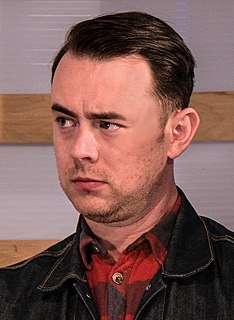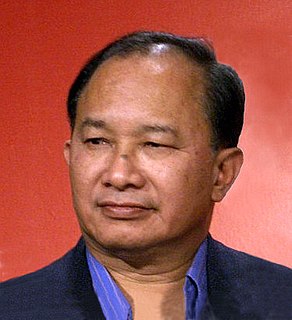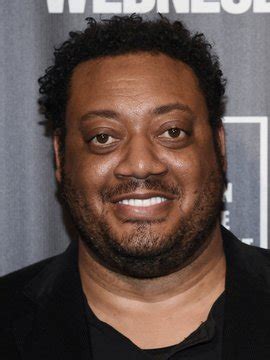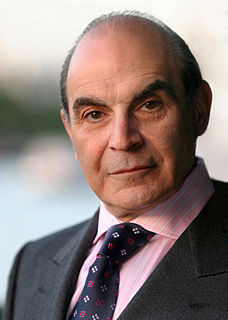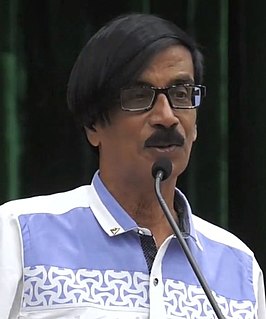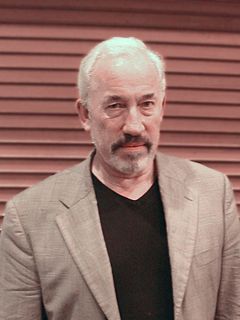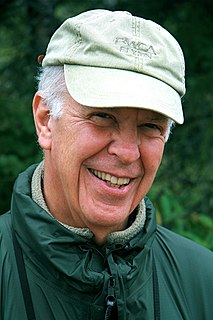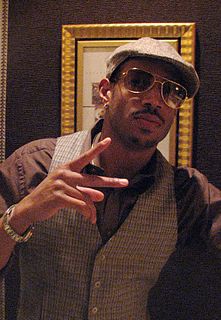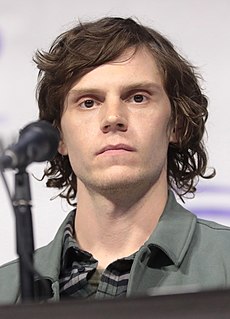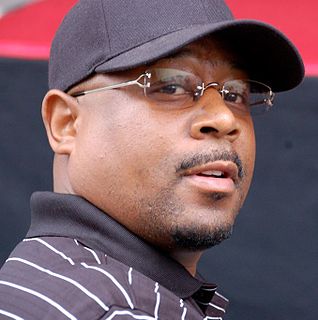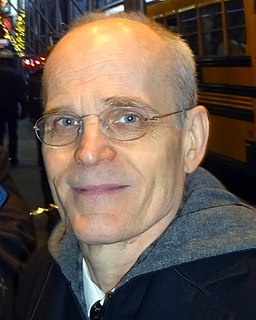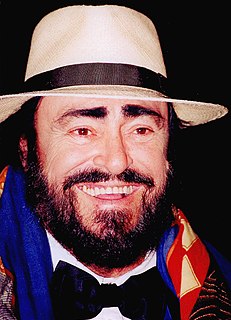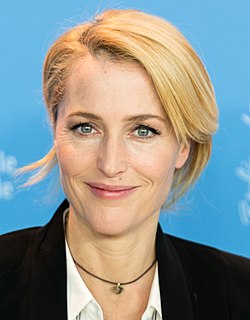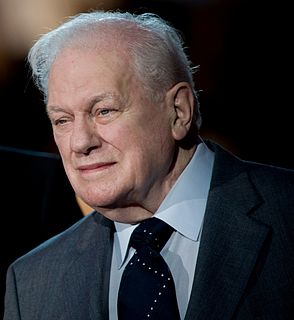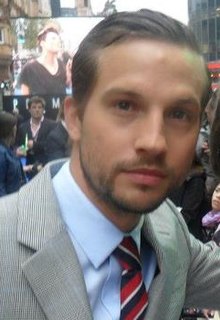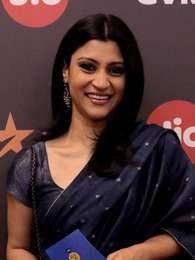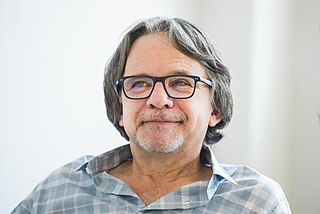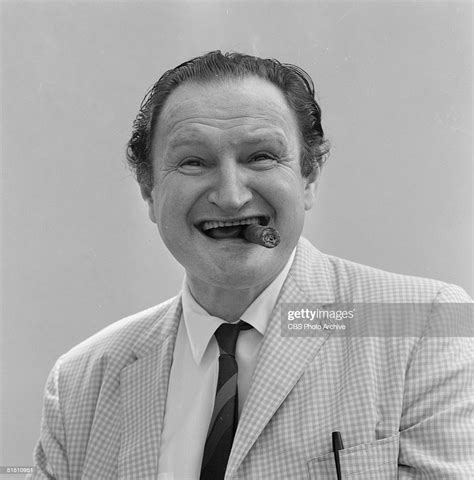Top 1200 Actors And Audience Quotes & Sayings - Page 3
Explore popular Actors And Audience quotes.
Last updated on November 14, 2024.
There are so many brilliant, trained actors of color in America. If you just think about it, every year in the spring Julliard and NYU and Yale and hundreds of schools across the country graduate classes of trained actors, and in those classes are actors of color. So to say that there aren't enough actors of color is factually inaccurate.
The actor has to have some degree of craft, along with the talent. No one tries to laugh except bad actors. No one tries to cry except bad actors. How a character hides his feelings tells us who he is. Most people don't know that, and most actors don't do that. Therefore, there are a lot of actors who put me to sleep, that are considered good actors, but they're predictable and boring. I know how the scene is going to end before it ends.
When I got into the movie business, working with actors was the one thing I was really weak at. I didn't know what to say to actors. They scared me and intimidated me. The actors that I've worked with who have had a lot of experience, or who I've even grown up watching as a kid, were really scary. I was like, "What am I going to say to this person?" But, I've matured. It's fun. I understand what actors do now.






